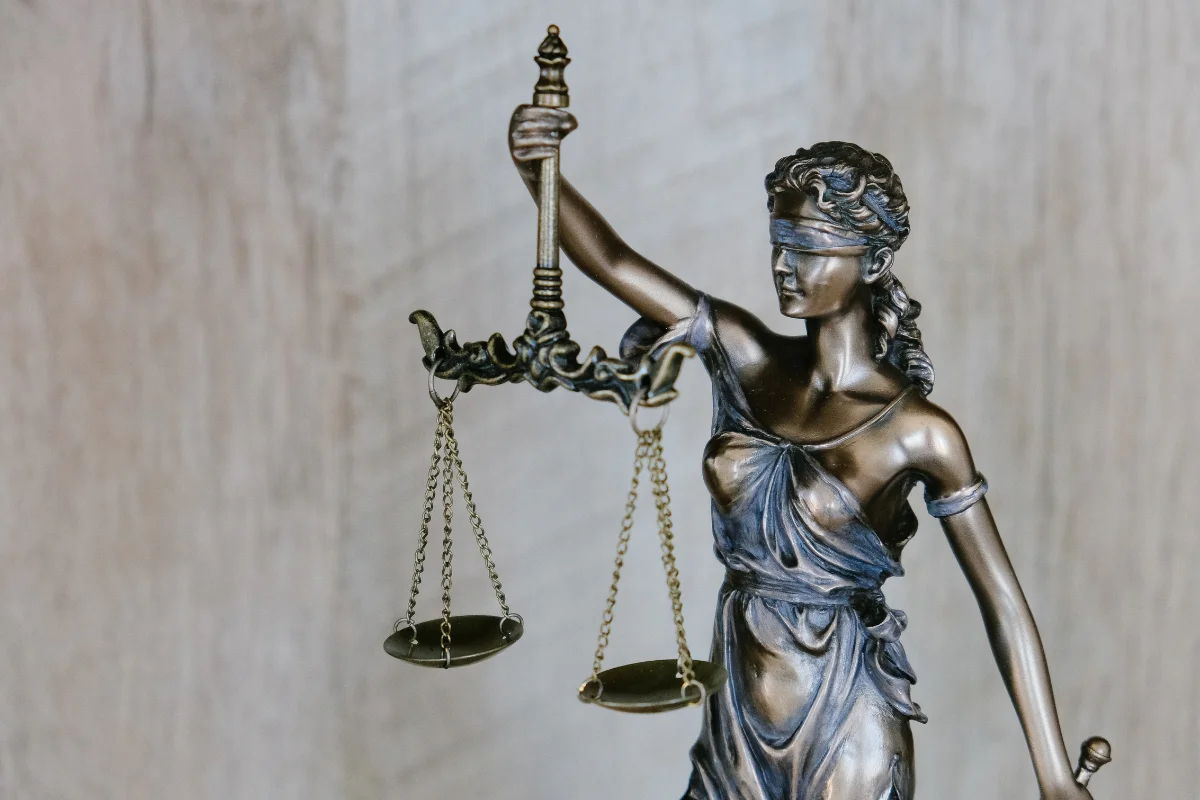Legal News India: In India, the rights of individuals detained by the police are enshrined in the Constitution, the Criminal Procedure Code (CrPC), and various Supreme Court rulings. These rights are designed to protect the dignity, liberty, and life of every citizen, irrespective of their gender, caste, religion, or socio-economic status. This article aims to shed light on these rights, with a particular focus on the rights of women detainees.
Right to Know the Grounds of Arrest
The fundamental right to know the grounds of arrest is a cornerstone of legal protections. Section 50 of the Criminal Procedure Code (CrPC) makes it mandatory for the police to inform the person being arrested about the complete details of the offense for which they are being detained. This crucial right is also safeguarded under Article 22(1) of the Constitution. The requirement ensures transparency and fairness in legal procedures, allowing individuals to be aware of the charges against them from the outset.
Right to Legal Representation
Article 22(1) of the Constitution secures the right for individuals to consult and be defended by a legal practitioner of their choice. This means that everyone has the freedom to have a lawyer present during legal proceedings, emphasizing the importance of expert guidance. Importantly, if a detainee cannot afford a lawyer, Section 304 of the Criminal Procedure Code (CrPC) mandates that the state must provide one. This provision ensures that economic circumstances do not hinder access to legal representation, reinforcing the principle that justice should be accessible to all, irrespective of financial means.
Right to a Fair Trial
The right to a fair trial, a fundamental principle of justice, is guaranteed by Article 21 of the Constitution, stating that no person can be deprived of life or personal liberty except as per the established legal procedure. This encompasses several essential rights, such as the right to a speedy trial, ensuring that legal proceedings happen without unnecessary delays; the right to a public trial, promoting transparency in the justice system; and the right to be presumed innocent until proven guilty, emphasizing the principle that individuals should not be treated as guilty until proven otherwise.
Right Against Self-Incrimination
Article 20(3) of the Constitution defends the right against self-incrimination, meaning people can’t be forced to testify against themselves. This rule ensures fairness in legal matters by preventing any pressure that could lead someone to admit guilt. It allows individuals to stay silent during questioning or trial, emphasizing the idea that everyone is presumed innocent until proven otherwise. This right protects people from being compelled to say things that might harm their own case and ensures a just legal process.
Right to Medical Examination
Section 54 of the Criminal Procedure Code (CrPC) empowers detainees with the essential right to request a medical examination conducted by a registered medical practitioner. This provision serves as a critical safeguard, allowing for the prompt assessment of the detainee’s physical condition, identification of injuries, and documentation of potential abuse during custody. The timely and impartial examination not only ensures the well-being of the detainee but also provides crucial evidence in legal proceedings, contributing to transparency and accountability in the justice system.
Special Protections for Women Detainees
In addition to these rights, there are specific provisions for the protection of female detainees. For instance, a woman cannot be arrested after sunset and before sunrise, except in exceptional circumstances and only with the permission of a magistrate, as per Section 46(4) of the CrPC. Furthermore, a female detainee must be kept in a separate lock-up, away from male detainees, to ensure her safety and dignity.
Moreover, a woman can only be searched by another woman, with strict regard to decency, as per Section 51(2) of the CrPC. Also, the presence of a female police officer is mandatory during the arrest of a woman, as per the guidelines issued by the Supreme Court in the case of Sheela Barse vs State of Maharashtra.
Keep watching our YouTube Channel ‘DNP INDIA’. Also, please subscribe and follow us on FACEBOOK, INSTAGRAM, and TWITTER
